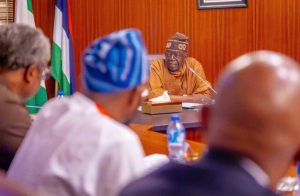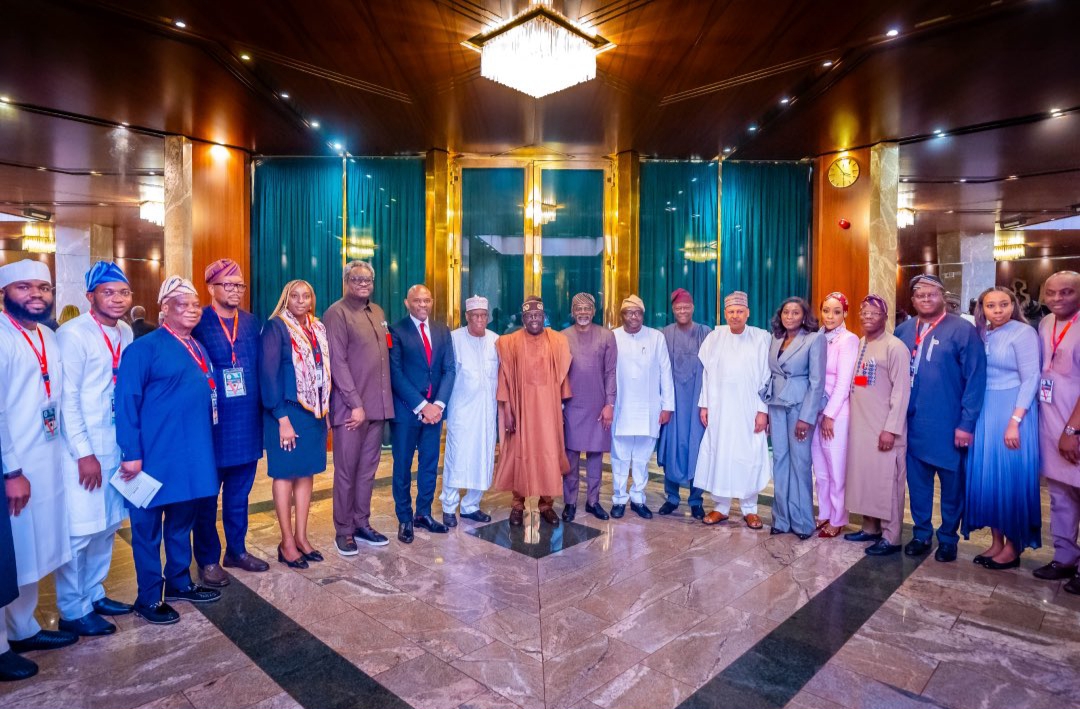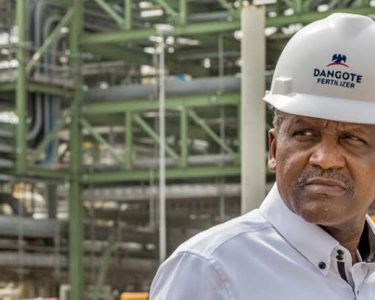President Tinubu meets GENCOs
Pledges resolution of outstanding debt claims
Summary
- President Bola Tinubu has appealed to power generation companies (GENCOs) for more time to verify and validate outstanding debts
- The Special Adviser to the President on Energy, Mrs. Olu Verheijen, revealed anticipatory approval for a £4 trillion bond programme to address the liquidity shortfall in the power sector
- GENCOs claim approximately £4 trillion in debts from 2015 to the end of 2023, with the Nigerian Bulk Electricity Trading Company (NBET) validating £1.8 trillion so far
- The Minister of Power, Chief Adebayo Adelabu, highlighted significant reforms and increased private capital in the sector but cautioned about an urgent liquidity crisis
Abuja, Nigeria – President Bola Tinubu on Friday met with representatives of the Association of Power Generation Companies (GENCOs), appealing for patience as his administration works to verify and resolve the substantial, longstanding debts owed to them. The President reaffirmed his commitment to tackling the liquidity challenges plaguing the nation’s power sector.
During the meeting at the Presidential Villa, attended by members led by Colonel Sani Bello (rtd), President Tinubu assured the GENCOs of his government’s dedication to creating a stable investment environment. Mrs. Olu Verheijen, the Special Adviser to the President on Energy, disclosed that an anticipatory approval has been granted for a £4 trillion bond programme aimed at addressing the sector’s liquidity deficit.
President Tinubu acknowledged the historical liabilities inherited from previous administrations, vowing transparency and fairness in their resolution.
“I accept the assets and liabilities of my predecessors, and there is no question about that. But that acceptance must be on credible grounds. I need to wear the audit cap of verifiability, authenticity, and the fact that this inheritance is not a mere deodorant but a support structure for critical economic and industrial promotion,” he stated.
The President urged patience from both GENCOs and financial institutions, noting that audit and legal firms are actively scrutinising the claims.
 President Tinubu in conversation with the Association of Power Generation Companies (GENCOs) yesterday
President Tinubu in conversation with the Association of Power Generation Companies (GENCOs) yesterday
Reiterating his belief in a market-driven electricity sector, the President emphasised that long-neglected legacy issues are now receiving due attention. He highlighted efforts to transition from fuel subsidies to alternative energy sources like Compressed Natural Gas (CNG) to alleviate economic pressure on citizens.
President Tinubu also cautioned against extreme measures such as bank asset foreclosures against generation companies, urging the banking sector to “sharpen your pencils, but keep an eraser handy. Let’s persevere together.” He underscored the vital role of electricity, calling it “the most important discovery of humanity in the last 1,000 years,” and fundamental to economic growth and human dignity.
Ms. Verheijen further explained that the liquidity crisis stems from “a combination of unfunded tariff shortfalls and market shortfalls” accumulated over a decade.
As of April 2025, the Federal Government’s verified exposure to GENCOs stands at £4 trillion, accumulated since 2015. She noted that while 27 GENCOs claimed around £4 trillion for the period between 2015 and the end of 2023, the Nigerian Bulk Electricity Trading Company (NBET) has so far validated £1.8 trillion of these claims.
An additional £200 billion in unfunded subsidies has further contributed to the government’s liability, bringing the total current exposure to £4 trillion. However, Ms. Verheijen cautioned that this figure remains subject to downward revision pending final validation and negotiations for the bond programme.
The Minister of Power, Chief Adebayo Adelabu, commended President Tinubu’s focus on the power sector, crediting the administration’s reforms with restoring investor confidence and improving performance across the electricity value chain. He highlighted key achievements, including the signing of the Electricity Act 2023, the launch of Nigeria’s first Integrated National Electricity Policy in 24 years, and the attraction of over £2 billion in new private capital.
Mr. Adelabu also reported a 70 per cent increase in the sector’s annual revenue, from £1 trillion in 2023 to £1.7 trillion in 2024, leading to a reduction in government subsidy obligations by over £700 billion. He noted an increase in installed generation capacity from 13,000 MW to 14,000 MW, with an all-time peak generation of 5,801 MW recorded on 4 March 2025. Significantly, he stated that there has been no national grid collapse in 2025, attributing this to interventions under the Presidential Power Initiative.
Despite these strides, Mr. Adelabu cautioned that the sector faces an urgent liquidity crisis that threatens the sustainability of ongoing reforms and investments, appealing for immediate support to partially defray these obligations over a defined period.
Business leaders Tony Elumelu and Kola Adesina echoed the call for urgent intervention. Mr. Elumelu emphasised the critical need for liquidity, stating, “Mr. President, we’ve come to you as a last hope. The generating companies are heavily indebted to banks, and foreclosure threats are real, not because we’re not doing our jobs, but because the system owes us trillions.” He praised the administration for stabilising oil production and the banking sector.
Mr. Adesina reiterated the demand for immediate liquidity support, also raising concerns about gas supply shortfalls.
“Liquidity is the oxygen of our business. Without urgent intervention, generation capacity will stall, and Nigeria’s industrial and economic ambitions will be jeopardised,” he warned.
The meeting saw the attendance of key government officials, including the Chief of Staff to the President, Femi Gbajabiamila; the Coordinating Minister of the Economy and Minister of Finance, Mr. Wale Edun; and the Minister of Information and National Orientation, Alhaji Mohammed Idris, alongside other senior government officials, regulators, and stakeholders in Nigeria’s electricity industry.







